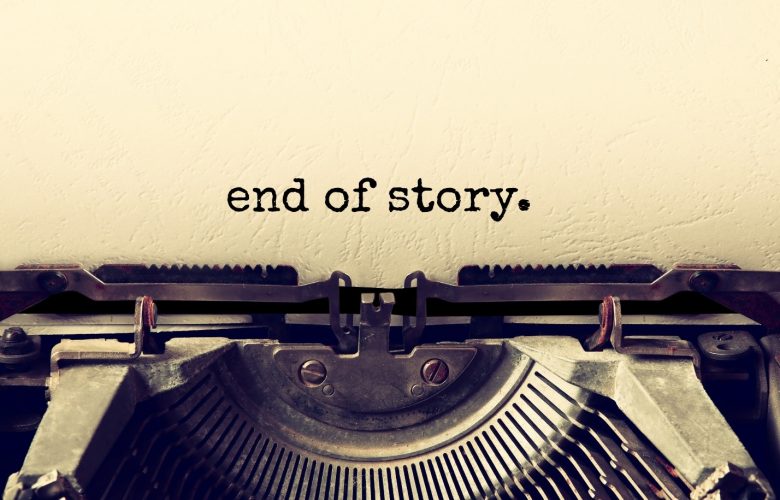Dear readers, before you start going through every article on the Web on this complex topic, we want you to know that it is impossible “to write your book in 15 minutes” or “to make your first book draft in one day.” It is like “lose 20 pounds in two days” diet. This is a time-consuming process and a matter of habit.
Whether you accept it or not, you have to dedicate almost all of your free time to writing in order to succeed in this area. You may think that the most valuable resource in our world is money. But it is not. The most valuable resource is your attention. Everything revolves around things which you are focused on. So, the more time you spend mastering your skills, the quicker you become a professional writer.
Do you know what is the difference between a good dancer and the best one, between third place at the contest and the first one? The difference is in the number of hours the dancer has spent in the training room. Talent is not a priority. You can be the most flexible person of all times, but if you do not work on it at least three times a week, your unique talent will be useless. The same thing applies to writers.
And here is one more thing about becoming a writer before we give you effective tips on that topic: thinking about writing a book and writing itself is not the same thing. “Am I ready to become an author at my 20s?” “Do I have enough experience to write a book and leave a mark in this world?” “Am I capable of pulling all the ideas together?” If these questions are tearing you apart, this article is written for you. Quoting John Green, if your “thoughts are stars you can’t fathom into constellations”, let the authors who produce the best UK essays writing be your mentors.

How to Become a Writer? 4 Typical Mistakes of Newbie Authors
We are not going to start this guide with tips like “structure your writing” or “practice your skills at least 30 minutes a day” (although these methods are quite fruitful too). We just want you to understand the whole process of writing by explaining the major mistakes young authors make. Hope that by identifying some of these big issues, you might be able to start digging in and avoiding them when drafting your first book.
Mistake #1: Info-Dumping
We are talking about tons of backstories and extra information in your book, especially in the beginning. If you start writing the first page and from the outset, your characters reflect on who they are, where they come from, and how they are feeling, that is info-dumping. A reader does not have to know all the details just from the start. You want to sprinkle this information into your book over many pages and chapters through active scenes and characters’ interaction.
Mistake #2: Describing
The second mistake is going to sound really similar, and it is kind of involved. However, it is worth to mention. Do not describe every piece of furniture, attire or appearance. By this, we mean giving a play-by-play of everything that your characters do, what happens to them or how they look. For example, there is no need to tell every time that your character wakes up, picks out an outfit, has breakfast with the family, etc. This is going to slow down your pacing and drag your plot. The play-by-play typically does not have enough conflict to drive a good story. That brings us to the third common mistake.
Mistake #3: Conflict and Character
Conflict is all the things which stand in the way of what your characters want and make their life, journey, or goals difficult to achieve. Remember, it is the conflict that grabs the attention and makes the audience keep reading. The next mistake of the newbie writer is a perfect main character who has no flaws. These things go hand in hand and tie back into the conflict. So, the main conclusion: do not afraid to mess up the protagonist.
Mistake #4: Dialogue
Every single line of dialogue should not have a tag where you say “Mum told”, “Kate spoke”, etc. This is a big mistake number four. Do not identify the speaker with every line, but do it pretty frequently so that people have a sense of who is talking.
Now, when you are familiar with the most common mistakes of newbie writers, we can move on to steps and tips on how to become a professional author.
Steps to Take in Order to Become a Writer and Publish Your First Book
First of all, do not try to be an ingenious writer who delivers a unique and winning idea. You won’t feel better if we say that another author has already published your “great idea”, but it is true. You have to understand that the way you write it brings an original spark to your story. Just find your own shtick. It can be a reverse sequence of events, a hilarious last line which will make your readers laugh their heads off or mix different styles of writing by adding direct quotes from characters’ letters or using metaphors.
Step 1: Do Not Wait for Inspiration
A young writer just can’t rely on inspiration flows. Sooner or later, you will end up with writer’s block. That is why one of the essential rules for any writer, whether it is a Stephen King, Leo Tolstoy or a young student, is to map out and break things down into a couple of stages.
Firstly, decide on your genre, the topic of your book, and come up with a central conflict. How to do that? Remember what kind of books you have read more than once during adolescence? Is it fantasy, thriller, romance, science fiction or western? We know from experience that starting your writing career with a novel is a great idea. In such a simple genre, you do not have to limit yourself with the number of pages and other requirements. Once you come up with the genre, think of three basic parts of your story (like in an essay) and conflict, of course.
Step 2: Expansion and Suspense
Expand your three essential parts by adding more details to your story. You may be wondering how to do that. Just answer three simple questions – who, where, and when? The next step is called “suspense”. It is the events which make your readers uncertain about the outcome of the whole story. For example, you can make your character trust an untrustworthy person or end a chapter with a cliffhanger. These unexpected events make the audience know more than the main character does and worry about them.
Step 3: Add Details
Now, when all is settled, you have to add the shtick to your book. We are talking about specific details that will make your book stand out from a thousand others stories. How do you find this shtick? By drafting, editing, and reading your novel, fantasy, or romance over and over. By the way, honesty, brevity, and simplicity can also be your “thing.”
